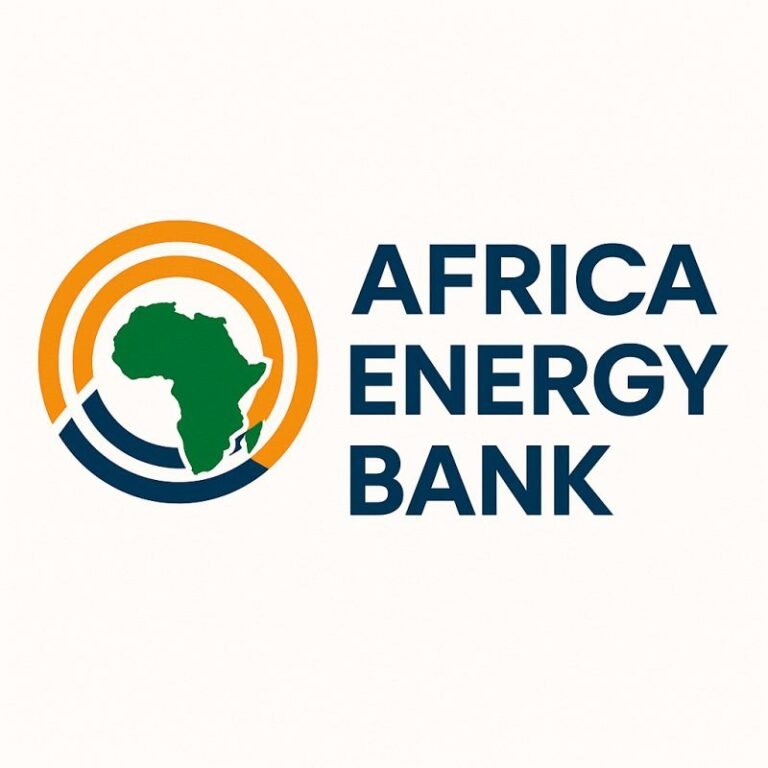Nigeria’s payment system now ranks as the most advanced in Africa, driven by the widespread adoption of mobile banking, internet banking, and USSD channels that reshape service delivery nationwide. These digital payment platforms empower users to perform fund transfers, bill payments, airtime purchases, and account management with unmatched convenience and speed.
This insight comes from “The State of Enterprise 2025 Report” by EnterpriseNGR.
Point-of-sale (POS) terminals, mobile apps, and web platforms saw usage expand significantly in 2024, with POS transactions reaching 1.5 billion, a 7.1 percent increase from 1.4 billion in 2023. Mobile money recorded even stronger growth, rising 30 percent year-on-year to 3.9 billion transactions, underscoring the accelerating shift toward a cashless Nigeria.
Also Read:
- Nigerian Financial Services Sector Surges 27.78% in Q4 2024 as Digital Banking, Fintech…
- Financial Services Sector Dominates Nigerian Stock Market Amid Mixed Weekly Performance
- Nigeria’s Sparkle Partners with Network International for Payment Cards
- Four Ways Nigeria’s New Blockchain Policy Can Expand the Digital Economy
Electronic payment transactions in Nigeria surged to ₦1.08 quadrillion in 2024, marking an 80 percent increase from ₦600 trillion in 2023 and reflecting robust fintech innovation and smartphone penetration. Contrastingly, traditional banking channels are in decline, with ATM transactions totaling 496.44 million in H1 2024 amid cash shortages and growing digital alternatives.
Cheque usage fell sharply by 20 percent, from 4.06 million in 2023 to 3.38 million in 2024, as agent banking and mobile money solutions gain traction in previously cash-dependent communities. This decline in paper-based methods highlights the rapid consumer embrace of secure, user-friendly digital channels.
Globally, Nigeria accounted for 7.9 billion of the 266.2 billion real-time payment transactions recorded worldwide, positioning it alongside powerhouses such as India (129.3 billion), Brazil (37.4 billion), and Thailand (20.4 billion). Within Africa, Nigeria’s volume exceed South Africa’s 284 million, Egypt’s 39 million, and Kenya’s 20 million real-time payments, showcasing its leadership in the cashless economy.
According to the report, to sustain this momentum and better compete with giants like India and Brazil, Nigeria must expand both the scale and depth of digital payments usage through enhanced infrastructure and regulation. Key priorities include achieving seamless interoperability across banks, fintechs, mobile money operators, and traditional financial institutions to ensure frictionless transactions.


























